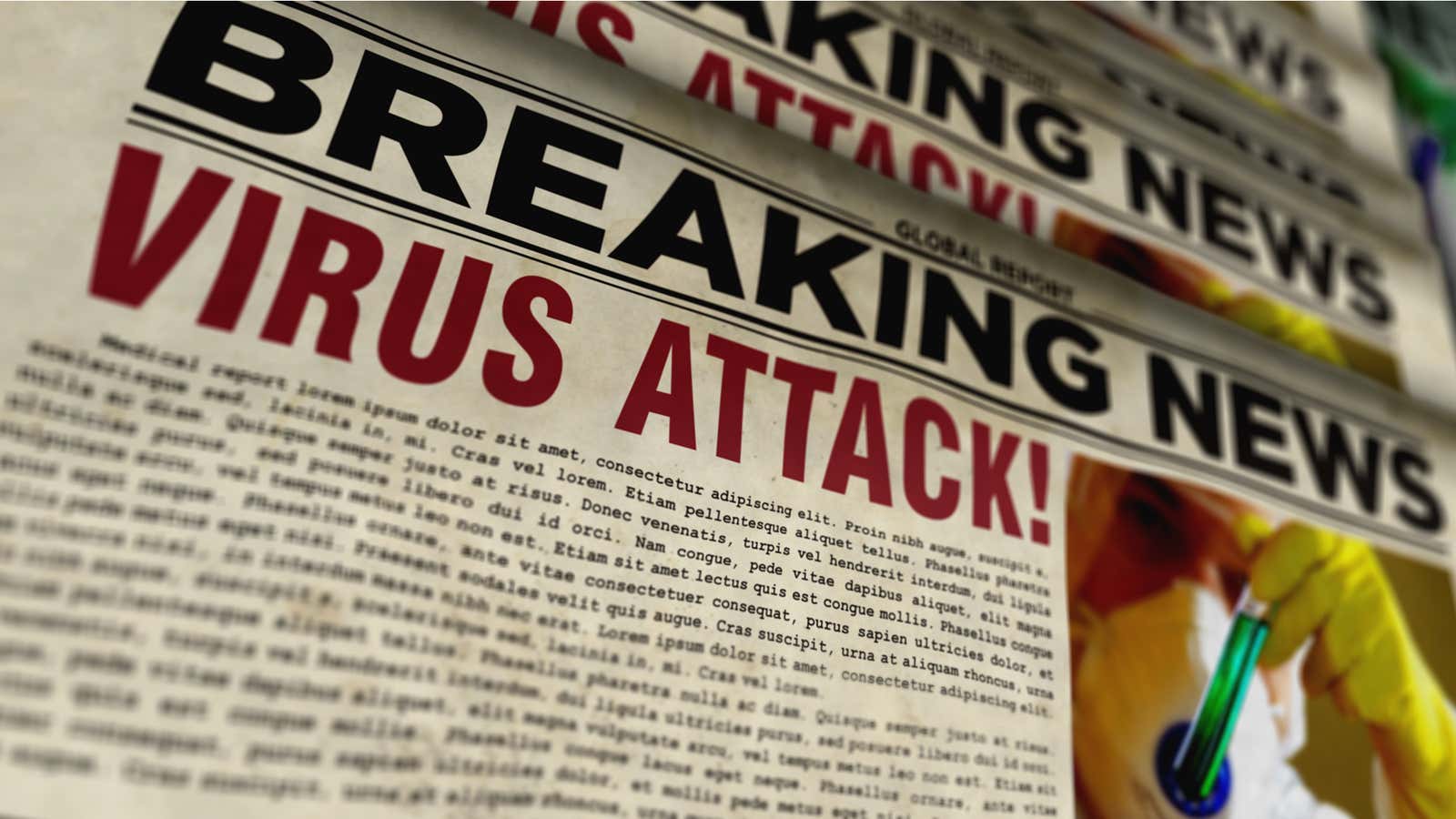How to Check Facts Online With Coronavirus Information

Don’t believe everything you read on social media. This is a good general rule of thumb, but especially important when the news (and your news feed) is filled with misleading or downright false information about a topic as easily understood as the coronavirus.
So how do you know what and who to trust?
Journalist Will Oremus notes that it’s best to double-check everything you read, rather than take it at face value. Instead of viewing the only source of information as the absolute truth, look elsewhere for confirmation (or refutation) of the alleged facts.
Here are some reliable resources for cross-checking COVID-19 claims:
- World Health Organization (WHO) : WHO has the latest information on what is happening with the coronavirus globally. On the WHO website, you will find travel advice, situation reports and best practices for prevention.
- CDC : The CDC offers updated information on coronavirus cases in the U.S. and abroad, as well as information on testing, prevention, and treatment, as well as guidelines and resources for specific groups (such as schools, hospitals, and airlines).
- Your state, county, and local health department: If you want to know what’s going on in your area, visit your department of health website. Here you will get the latest information on local cases, preventive procedures, community resources, recommended closings, and who to contact if needed.
- Major News Outlets: The media are not the “official” source of information, but if you are looking for news on what is happening in a particular city or state, check the local media outlets. Don’t rely on local news in your home state to tell you what’s happening in Washington.
It all boils down to basic media literacy skills, such as being critical of where information comes from, how reliable it is, and how to evaluate sources. It will take a little longer than retweeting a meme, but will help prevent bad information from spreading.
Common Sense, a nonprofit organization that educates children and families in digital and media literacy , recommends asking the following questions about everything you read:
- Who created this and why?
- Who is this message or information for?
- What is used to make a message persuasive or believable? Statistics? Expert quotes?
- What details have been overlooked and why?
- How does this information make you feel?
Bottom line: Think before worrying – and don’t just repeat everything you read.